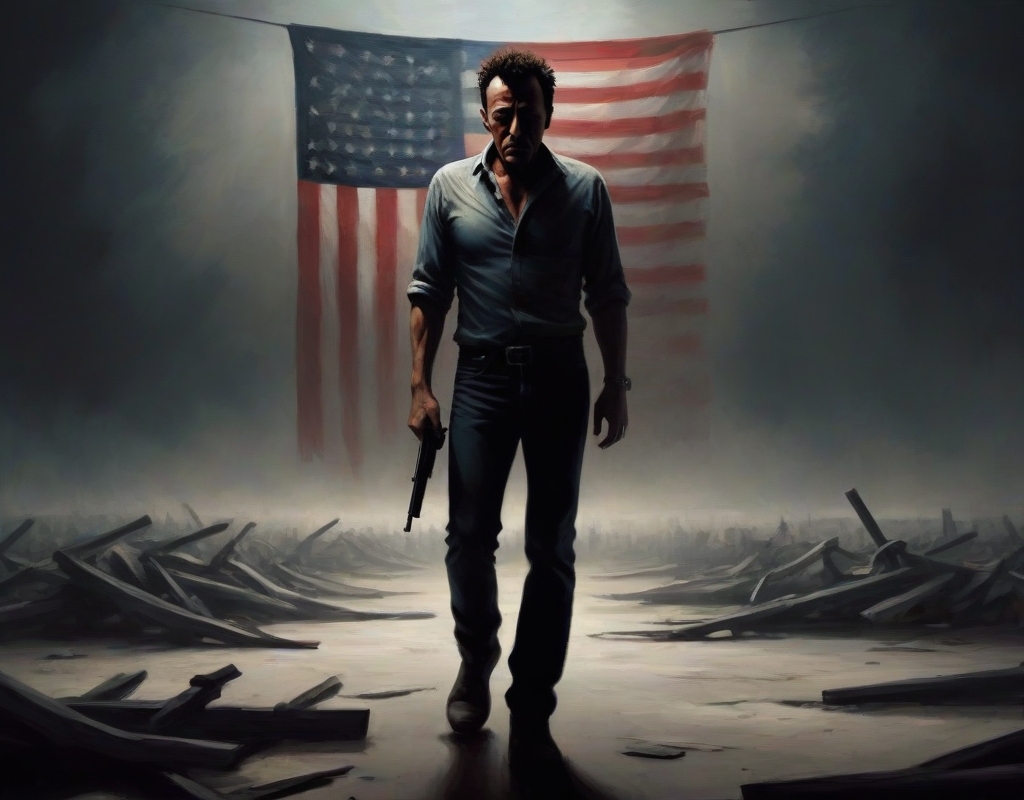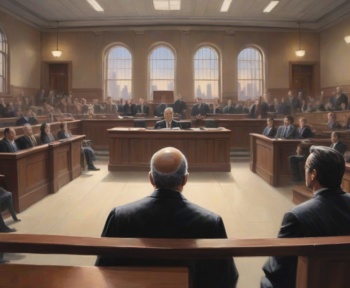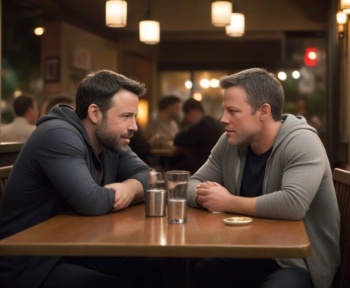Legendary musician Bruce Springsteen, a figure synonymous with themes of justice and democratic spirit in his music, has recently articulated a significant concern regarding Donald Trump’s potential return to the White House in the upcoming presidential race. Springsteen characterized Trump as an aspiring “American Tyrant,” a stark description that reflects the critical tone of the forthcoming 2024 election.
Bruce Springsteen, widely revered as “The Boss,” by his extensive fan base, has consistently infused his music with elements of social commentary, emphasizing the importance of values such as freedom, justice, and community. His comments come at a time when American politics are particularly fraught with division and competition, making his voice a resonant counter to what many perceive as a perilous policy direction spearheaded by Trump in his previous tenure. Known for his fraught, authoritarian-leaning leadership style, Trump’s candidacy reinvigorates discussions concerning the integrity of democratic norms and ideologies.
Adding to the conversation, a Pew Research Center study underscores a growing unease among Americans pertaining to the state of democracy, indicating a broader apprehension about the ongoing political atmosphere. Such a backdrop lends gravitas to Springsteen’s critique, emphasizing the critical national dialogue revolving around the preservation of foundational democratic values.
The role of musicians like Springsteen in political discourse isn’t novel. Historically, musicians have leveraged their platforms to challenge prevailing norms and advocate for substantive societal adjustments. Icons like Bob Dylan and John Lennon have previously used their artistic expressions to galvanize public support for movements concerning civil rights and peace. In this tradition, Springsteen continues to influence public dialogue, upholding the musician’s role as not only an entertainer but also as a crucial voice in social and political debates.
Springsteen’s remarks do more than critique; they invigorate the narrative of artists as pivotal advocates for societal change. Echoed by former President Barack Obama during a joint podcast, it’s highlighted that artists possess the unique ability to touch the very soul of a nation, transcending traditional political boundaries. In light of this, Springsteen’s criticisms resonate beyond artistic circles, motivating civic engagement and a reassessment of leadership values among the wider public.
Given the high tensions surrounding the 2024 presidential campaigns, which are already heating up to be one of the most polarizing elections in recent history, analysts from Brookings Institution have pointed to the pronounced divisions slicing through the American political landscape. These challenging times call for leaders dedicated to fostering unity and adhering strictly to democratic principles, positions vehemently endorsed by Springsteen in his sweeping critique.
Political commentators and academics are taking note of the significant impact public figures like Springsteen can have on election outcomes and societal perspectives. Dr. Rita Jacobs from Georgetown University suggests that such emphatic statements from high-profile individuals can elevate critical electoral issues that might otherwise remain obscured by typical campaign rhetoric. Furthermore, findings from Gallup highlight a strong public desire for political figures exemplifying integrity and a commitment to democratic principles, reinforcing the pertinence of Springsteen’s concerns.
Springsteen’s stark denunciation of Trump serves as a broader call to Americans to actively safeguard their democratic processes and engage thoughtfully with the electoral system. This sentiment is echoed by various civic organizations emphasizing the importance of voter education and engagement as fundamental components for nurturing a hopeful and just American society.
As the election approaches, Springsteen’s fervent calls remind the public of the American foundational values and the importance of their active preservation. His leadership underscores an opportunity for Americans to unite in promoting informed civic participation and securing a democratic future. By rallying together to demand transparency and accountability from elected leaders, American citizens can actively contribute to ensuring their country remains a symbol of hope and freedom in an increasingly complex global landscape. His compelling narrative not only underscores the need for unity and dialogue but also champions a proactive stance against threats to democracy, encapsulating a vision for America grounded in respect for its rich democratic traditions and commitments.




